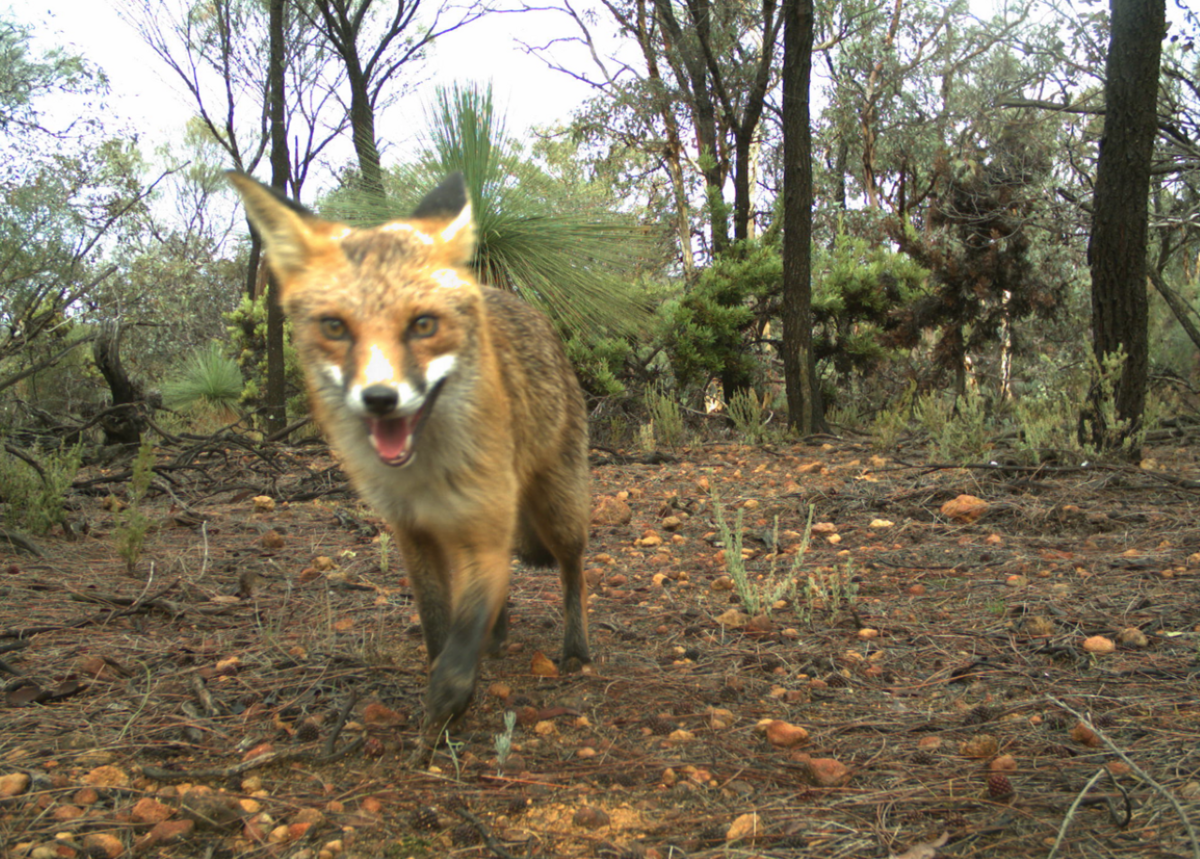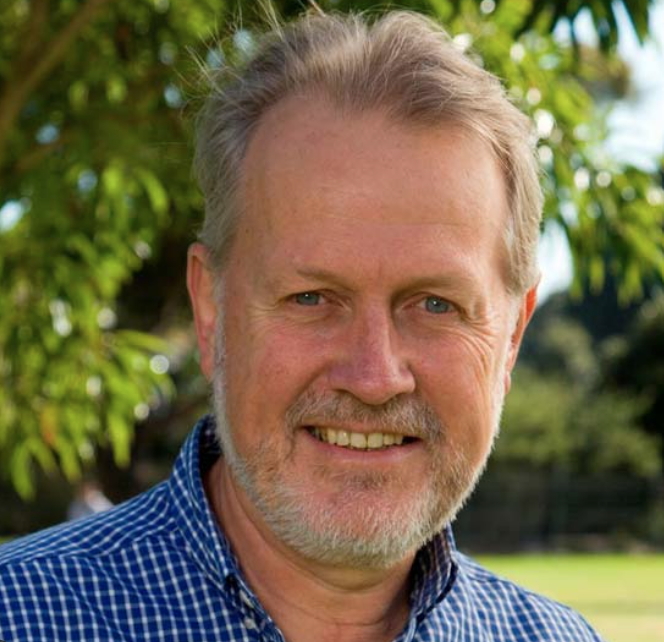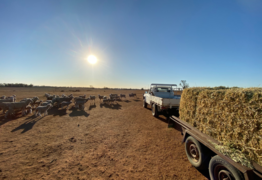Feral focus - are bounties the answer?
Kristin Murdock
11 January 2025, 2:40 AM

The Shooters, Fishers, and Farmers Party (SSF) say introducing bounties on feral animals is cost-effective and good for the environment, but not everyone agrees.
Robert Borsak, MLC says his party is calling on the NSW Government to enhance funding options for controlling invasive species, particularly pigs, foxes, feral cats, and wild dogs.
The SFF has been in discussions with the relevant Ministers to secure initial funding of $1,000,000 for a pig bounty and another $1,000,000 for a fox, feral cat, and wild dog bounty in the upcoming 12-month budget cycle.
“This is the most cost-effective way to ensure invasive pests are removed from both private and public land.
"It provides clear data on the number of pests culled, their locations, and the associated costs,” Mr Borsak said.
“For example, a $10 or $20 bounty per animal could result in 100,000 or 50,000 pests removed annually.
“At just $10 per animal, 100,000 pests could be eradicated in a year.”
SFF claim Victoria’s statewide fox bounty demonstrates the success of such programs, with over 1,000,000 foxes eradicated to date.
They say that despite these proven results, NSW Governments have consistently ignored calls for cost-effective bounty systems.

Robert Borsak, MLC is encouraging the introduction of bounties for feral animals.
Instead, bureaucrats have recommended poison baiting and helicopter shooting as more effective and better value for taxpayers.
“That’s demonstrably false,” Mr Borsak said.
“NSW Governments have failed to use all the tools available for cost-effective pest management.
"A long-term bounty program would fill this gap.”
Bounties ineffective say ISC
The Invasive Species Council (ISC) strongly disagree and is calling on the NSW government to reject the SSF’s latest attempt to undermine effective feral animal control in the state by wasting millions of dollars on bounty payments for some feral animals.
“Bounty hunters might be heroes on the big screen, but in the real world of feral animal control, they’re just a waste of taxpayers’ money,” Invasive Species Council Acting CEO Jack Gough said.
"For decades, the Shooters Party has worked to undermine effective, science-based feral deer and pig control in NSW.
"So, it is unsurprising to hear they are once again pushing for subsidies for recreational hunting at the expense of real action to protect the environment from the impact of feral animals.
‘We’ve seen it time and again across the country – bounties just don’t work.
"Not only do they fail to deliver results, but they actually encourage hunters to speed feral animals further.
"The research is clear, and it shows bounties are ineffective because invasive species breed and spread too quickly.
"The schemes are also riddled with fraud and encourage inhumane and ineffective control methods."
The ISC argues that bounty hunters naturally focus their effort in areas where hunting is easiest, not most impactful, and tend to preferentially harvest younger animals, leaving the mature animals to breed to ensure future stock.
“Farmers should be deeply concerned if funding for genuine control programs is diverted towards this ridiculous subsidising of recreational hunting,” Mr Gough said.
Plenty to consider
LLS Project Coordinator of Kangaroo Management, Ron Finlay who is based in Bourke, said the was a lot to consider before introducing a bounty system in NSW.
“I've heard about the bounty idea from land holders who are trying to push it through for hunting of feral pigs,” he said.
“In my opinion, a 12-month trial has to take place before any bounty system is introduced and that trial would need to have all its i’s eyes dotted, and its t’s crossed.
"It needs to have everything documented, and to prove the value of the bounty system by showing how it is better than what happens now.
“We don’t want to create other problems where people are going to be shooting on country they're not meant to be on.
"There's a lot of considerations that need to go into any decision about bounties.”
The ISC say to truly tackle the problem of feral pigs, deer, foxes and cats, an investment in professional, coordinated, long-term, science-backed control methods, such as aerial shooting, baiting, trapping, and fencing is required, which have been proven to achieve better results.
Weighing in on the debate, NSW Farmers Vice President Rebecca Reardon said a variety of control methods were needed to control pigs.
“We can all agree there’s no one-stop shop solution to pest plagues of any species, and a variety of control methods will be necessary to getting pigs out of paddocks in 2025,” she said.
“We need a multi-pronged control strategy that is coordinated at a local level and supported by the state government if we’re to really shift the dial on the problem.
"This would include funding for local coordination efforts as well as increased on-the-ground assistance, such as the provision of baits and traps, to support landholders on the front line."



